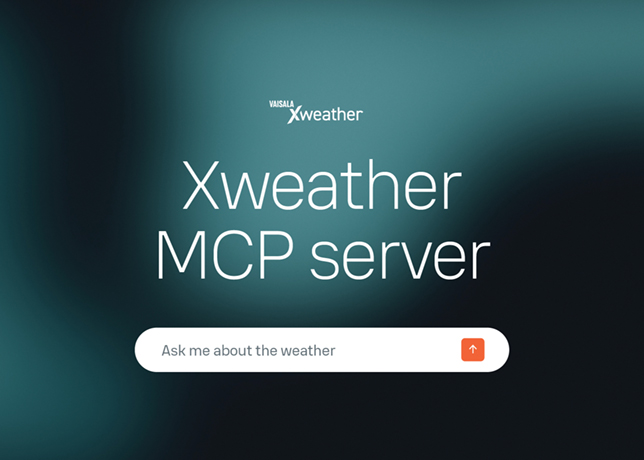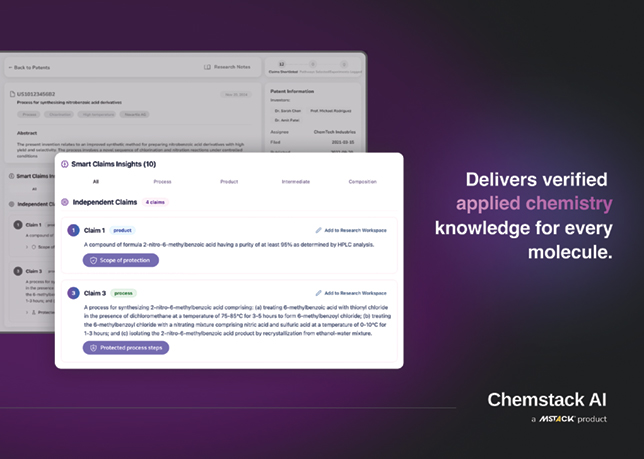
 AI models like ChatGPT can now access and analyse real-time and historical weather data
AI models like ChatGPT can now access and analyse real-time and historical weather data
Xweather, a weather intelligence provider, has integrated the Model Context Protocol (MCP), making it the first enterprise-scale solution to connect AI models like ChatGPT and Claude to real-time meteorological data.
This integration enhances Xweather’s trusted platform, already utilised by major organisations including FedEx, Netflix, and American Airlines, by enabling industries such as logistics, insurance, and renewable energy to leverage weather data for critical decision-making without the need for custom development.
With MCP, users can access complex analyses through simple conversational prompts, making insights available to those without technical expertise in weather APIs.
This capability is exemplified by prompts such as asking for forensic-grade lightning data for insurance claims, mapping safe routes for logistics considering wind advisories, or optimising solar energy production based on forecasted conditions.
Furthermore, organisations can integrate enterprise-grade weather intelligence into their products, enhancing services like voice-activated in-car assistants that could provide real-time weather warnings to drivers, stated Xweather.
'MCP integration represents a fundamental shift from weather as information to weather as intelligence,' said Lee Huffman, Director of Data as a Service at Xweather. 'The implications extend beyond meteorology to any industry dealing with specialised, time-sensitive information that AI systems need but haven’t previously been able to access.'
'We’re not just delivering data. We’re enabling AI models to reason, respond, and act on weather conditions with unprecedented ease and speed,' added Huffman. 'This opens an entirely new way for companies to access weather intelligence. AI shifts from text generator to decision-making tool, and businesses that couldn’t use weather data before now can. With MCP integration, we are reinforcing Xweather’s commitment to climate resilience, data accessibility, and AI leadership'.

















































































